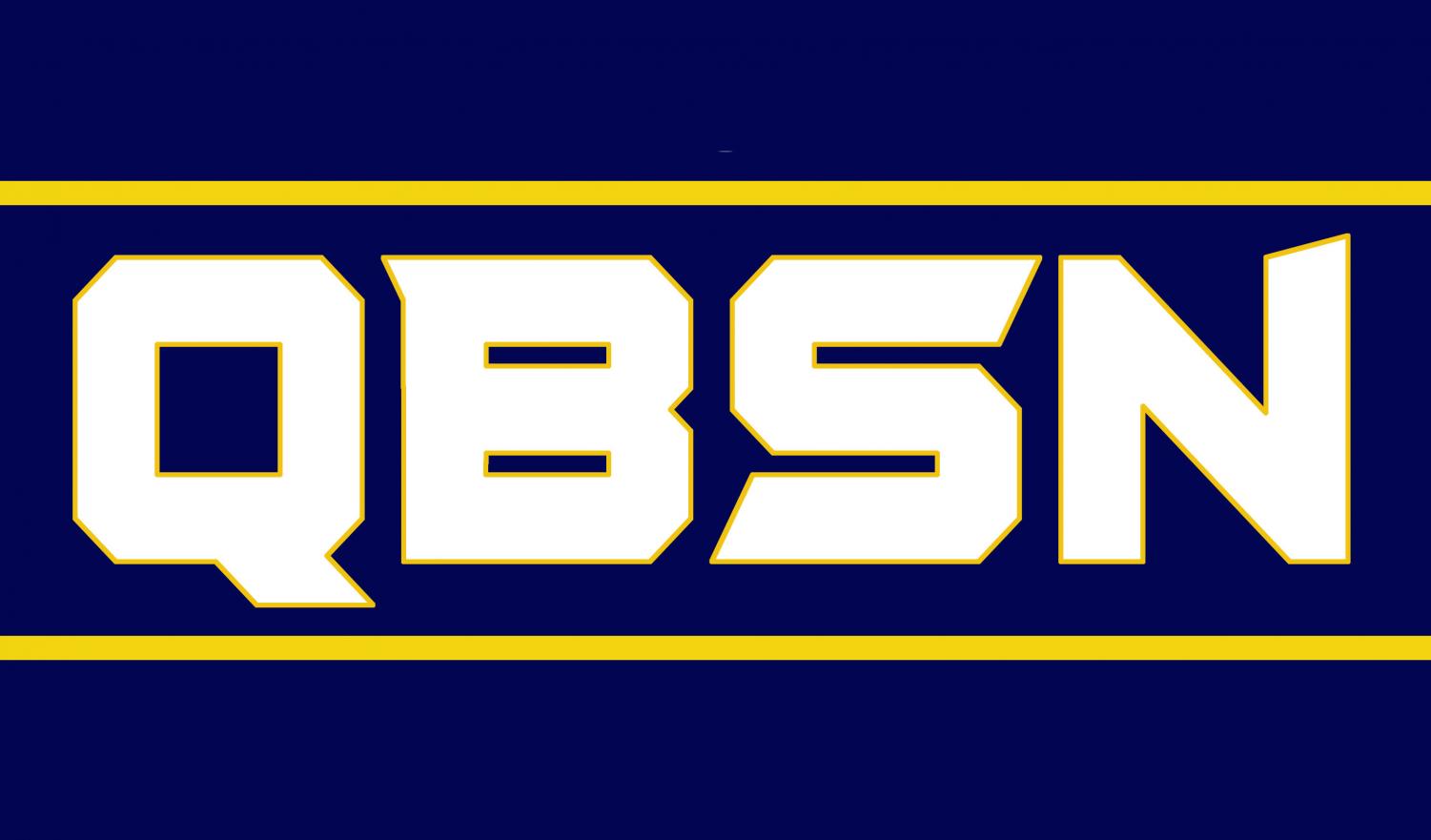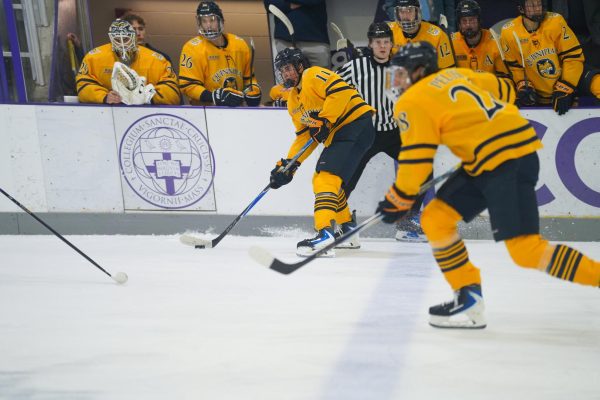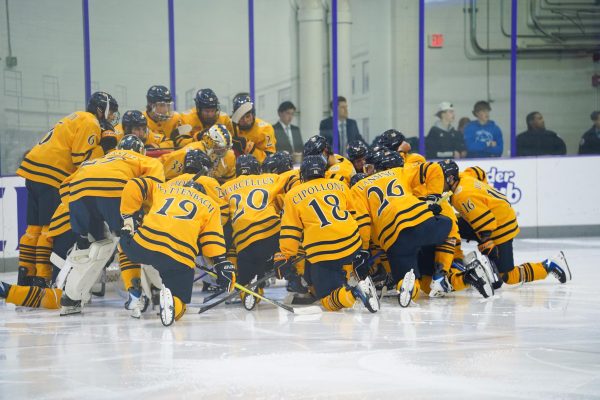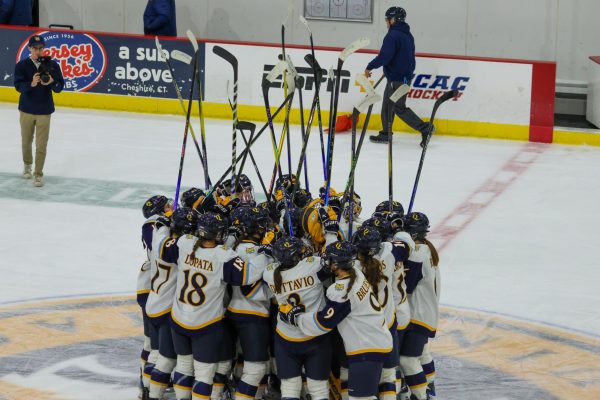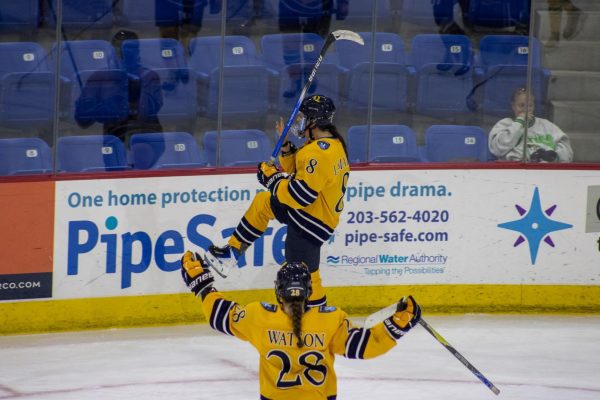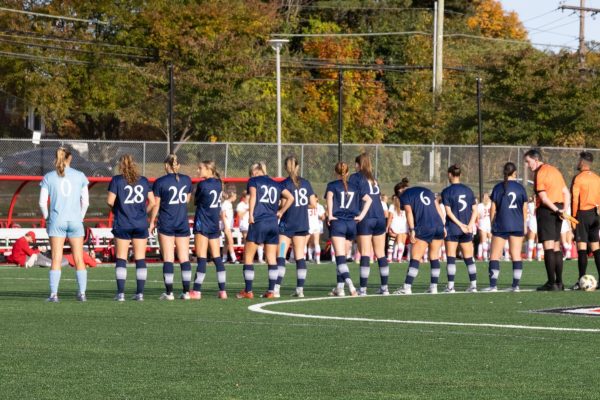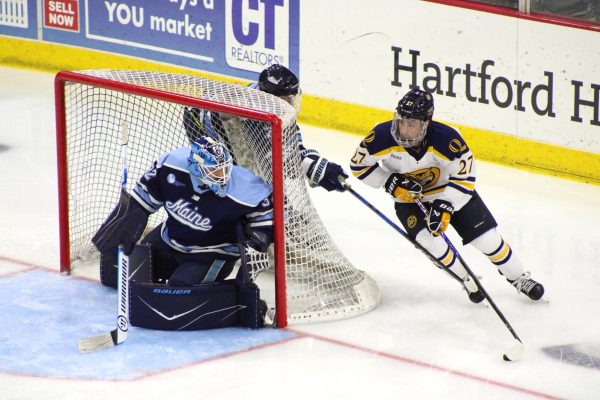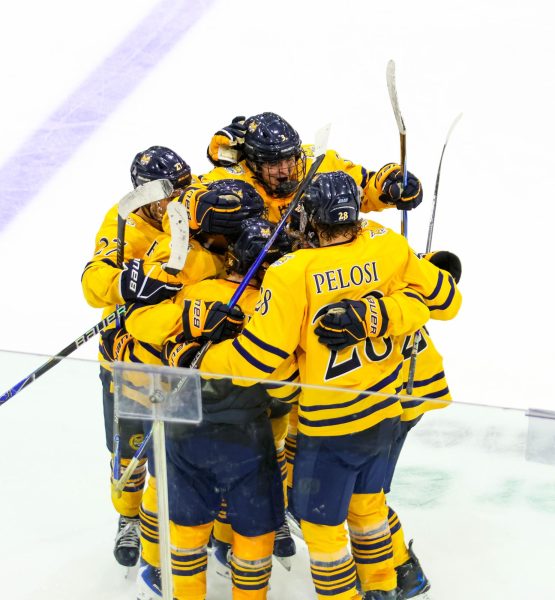Social Media and Human Decency: A Contentious Relationship
Courtesy of Creative Commons
April 4, 2019
I love social media. I am like many of my friends and colleagues – we devote our education to learning more about it. I’m thankful to have an internship (and education) that is solely focused on digital and social media.
I’m not alone when I say that I use Twitter every single day, multiple (and I mean multiple) times.
And why shouldn’t I, or we as a society, use it everyday? Twitter and FaceBook are far more than just vehicles for simply staying in touch – they serve as hubs of information where users gather to collect insights, daily news and entertainment.
There’s an undeniable, collective excitement that surfaces from what happens within it. Whether it’s politics, sports or entertainment, these events create communities that generate discussion from user to user.
Despite the benefits and innovations of the ever-evolving field, social media is as harmful as it is informative.
Where there’s good, even great, there is almost always bad.
We generalize ‘trolls’ as unfortunate side effects of the internet, those whose sole purpose is to scour the social media landscape and look for something to criticize.
When it comes to sports, specifically the athletes that play them, there’s no room for error.
It doesn’t matter if you’re LeBron James and you hit the game-winning shot. It doesn’t matter if you’re an athlete who brightens up a kids day in a feel-good story. Simply, it doesn’t matter if you do good anymore. Good is no longer ‘good.’ To please the digital world in 2019, you have to be better than great. Sadly, that’s a feat that not even the best can achieve.
Everything is under a microscope, more so than ever before. Communication is instantaneous. Every single quote is analyzed, discussed and criticized, usually for worse.
For athletes, it’s an unfair game.
We frequently forget that a good portion of these ‘professionals’ are as young as 19 years old. Take a moment to consider this. When you were 19, where were you? Most of us were probably just starting college or our first job. In a broader sense, most of us were simply trying to find our direction in life.
These kids are thrust into the bright (and unforgiving) lights of stardom.
I’m a 20-year-old in college pursuing a career in sports media, getting experience by writing for school publications. Kevin Knox, a 19-year-old rookie on the New York Knicks, is a starter on a terrible – no, pitiful – team.
He, along with every other player in the league, faces harsh criticism day in and day out. There will always be the faction that rides the tough-guy mentality: “These kids are professionals, they need to learn how to handle the criticism.” Sure, that’s partially true. Any professional in any discipline will have to learn the proper ways of handling criticism. In a much larger sense, how to deal with adversity and life.
The difference, though, is that when these young adults are dropped into the limelight, we expect perfection. We forget that there is a steep learning curve. This is their first full-time job. This is their profession.
When you started your first internship or job, you weren’t expected to do everything right. Growing pains are a natural part of the process when becoming suited to your role. Growing pains are a part of life.
Don’t mistake this for an attack on the ‘mean’ people that populate these outlets.
This is an admission from someone who admires social media and all that it does offer. You don’t have to be an expert or fan of the social landscape to see its pros and cons. Just because we find the topic so interesting and beneficial doesn’t mean we can be blind to the everyday harm it elicits.
When we take our irrational anger out on someone who cannot legally buy a beer yet, we sink to a low. But that low isn’t a new one. It’s existed for a far longer time than social media has. People just have the platform to speak out now. The pundits, critics and admirers are, for the first time, together.
Sports, as much as I, my friends, and the world loves them, are not the most important thing. At their core, sports unite us. They unify countries in times of peril. They bring families together through a generational love. They form friendships for individuals who may have nothing else in common.
They make us happy.
Above all, we forget that sports are entertainment. The NFL, NBA, NHL and MLB all aim to do two things – promote their brand and generate revenue. Their duty is to provide a product worth paying attention to. Ours is to cheer on our teams and our beloved superstars.
The silent duty that we often forget to carry out is one that holds a message as simple as sports themselves.
Human decency.


